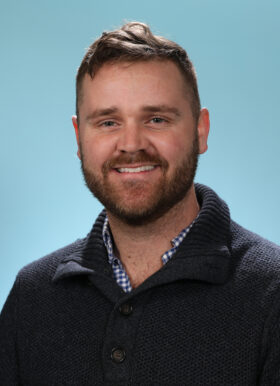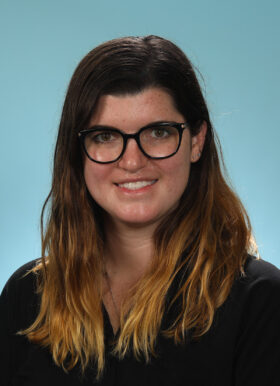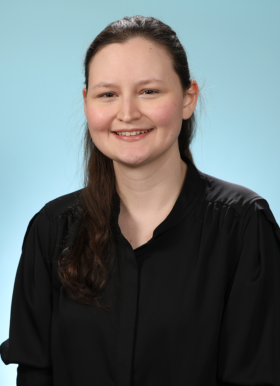
Washington University occupational therapists provide comprehensive, high-quality patient care services and help individuals overcome barriers that limit their occupational performance.
Our occupational therapists are committed to enhancing patients’ participation in meaningful, purposeful activities. We encourage and support their engagement in family and community life. We help people with disabilities or challenges return to the daily activities that make up their lives.
The occupational therapists work with patients who are referred by physicians, community or governmental agencies.
Occupational therapy evaluation and intervention services can help prevent secondary disability, help remove or modify environmental barriers, and improve, sustain or restore activities of daily living. Our occupational therapy specialists and assistants treat patients of all ages, from newborns to those of advanced age. We treat a wide range of issues related to disabilities and/or chronic health conditions. The occupational therapists also provide services in a variety of settings including community, home, school, workplace or other locations important to our patients.
Our areas of expertise include services and assessments for in-home evaluations, low vision, seating and mobility, mental health, hearing, balance and participation, work performance services, and youth, children and family.
Washington University occupational therapy services include:
- Accessibility/home modifications and recommendations
- Adaptive equipment for improved function
- Cancer survivorship (cognition, fatigue and stress management)
- Cognitive behavioral intervention for tics (CBIT) and functional neurological disorders (FND)
- Cognitive stimulation therapy for those with early dementia (offered via telehealth)
- Concussion recovery at the Occupational Performance Center
- COVID-19 recovery (brain fog, fatigue and return to work)
- Hand therapy and upper extremity rehabilitation at the Milliken Hand Rehabilitation Center
- Independent living counseling and therapy
- Lymphedema prevention and management
- NICU transition services
- Overcoming low vision challenges, including macular degeneration and eye injuries
- Pediatric services (early intervention; hearing, balance and participation; low vision; self-regulation)
- Stroke rehabilitation and self-management
- Support for chronic disease self-management
- Wheelchair seating and mobility assessments
- Work performance/work-related injuries/return to workplace
For more information, visit the Occupational Therapy Services site.

Jane K. Lavelle, MOT, OTR/L
Occupational Therapy
Locations:
Washington University Occupational Therapy – Washington
Washington University Occupational Therapy – Oakland Clinic

Stacie Luter, MS, OTR/L
Occupational Therapy
Locations:
Center for Advanced Medicine
Washington University and Barnes-Jewish Orthopedic Center

Lauren P. Mione, MSOT, OTR/L, CHT
Occupational Therapy
Locations:
Washington University and Barnes-Jewish Orthopedic Center

Sarah Oberle, OTD, OTR/L
Occupational Therapy
Locations:
Washington University Occupational Therapy – 4444 Forest Park Avenue Building

Grayson Owens, OTD, OTR/L
Occupational Therapy
Locations:
Washington University Occupational Therapy – 4444 Forest Park Avenue Building

Anna Perlmutter, MSOT, OTR/L
Occupational Therapy
Locations:
Washington University Occupational Therapy – Oakland Clinic

Emily G. Pitassi, MS, OTR/L , CHT
Occupational Therapy
Locations:
Washington University and Barnes-Jewish Orthopedic Center


